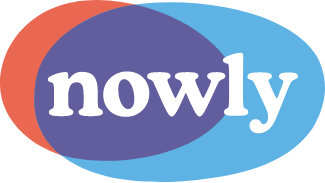Term life insurance is life insurance that lasts for a specific period of time known as a Term. The term can be a fixed number of years or until you reach a certain age (e.g. age 70 for our T10-25 and age 100 for our T100). You pay premiums until the expiry of the term.
In return, your beneficiaries are entitled to receive a tax-free death benefit if you die within the term of the policy. Once the term ends, your coverage also expires, and you stop paying premiums.
Our term life policies are offered for periods ranging from 10, 15, 20, 25 and 100 years, after which the coverage expires. Simply put, term life insurance is easier to understand and has lower rates.
Whole Life Insurance is a form of permanent life insurance that provides you with coverage from the day the policy is active until the day you die; in other words, for your entire life.
Additionally, this type of life insurance also combines insurance coverage with investing. There is a cash value component associated with most whole life coverage. As you pay into a whole life policy over time, part of the monthly premium is invested, generating cash value.
This cash value may be accessed during the policyholder’s lifetime either by withdrawing or borrowing against it. Since the coverage extends to one’s entire lifetime and you retain the value you put into it, whole life insurance typically has significantly higher premiums.











